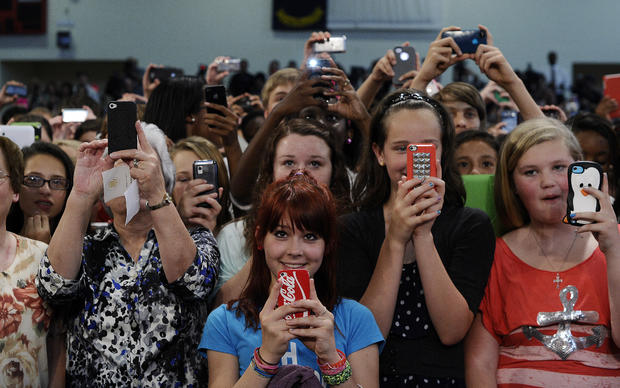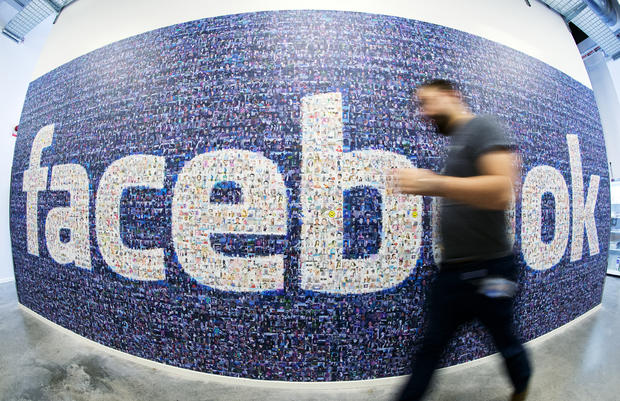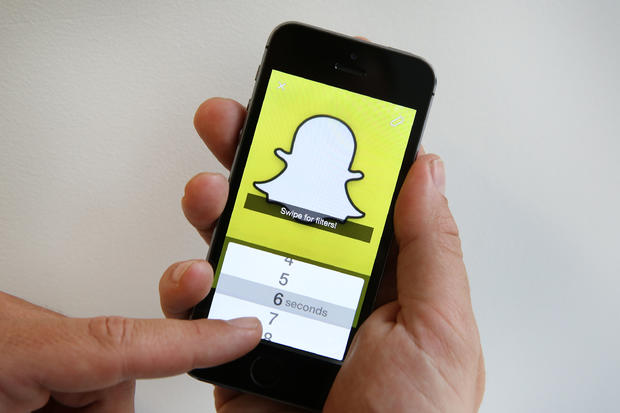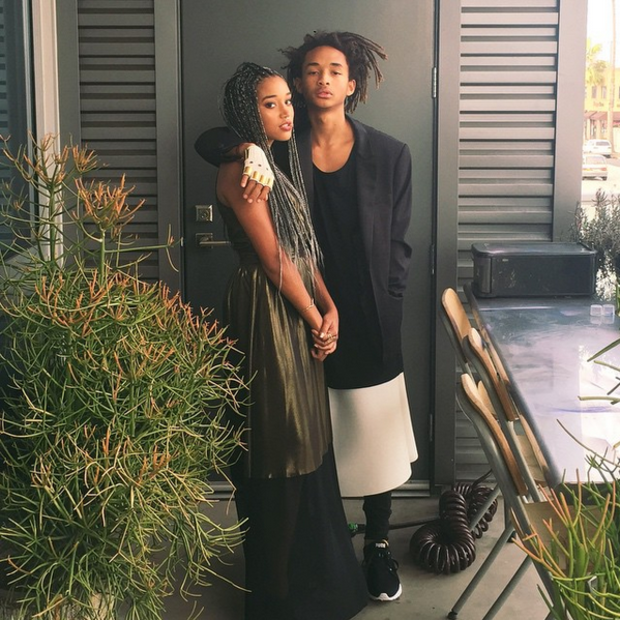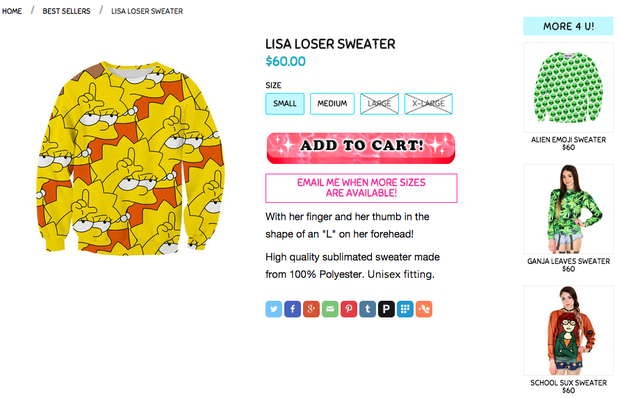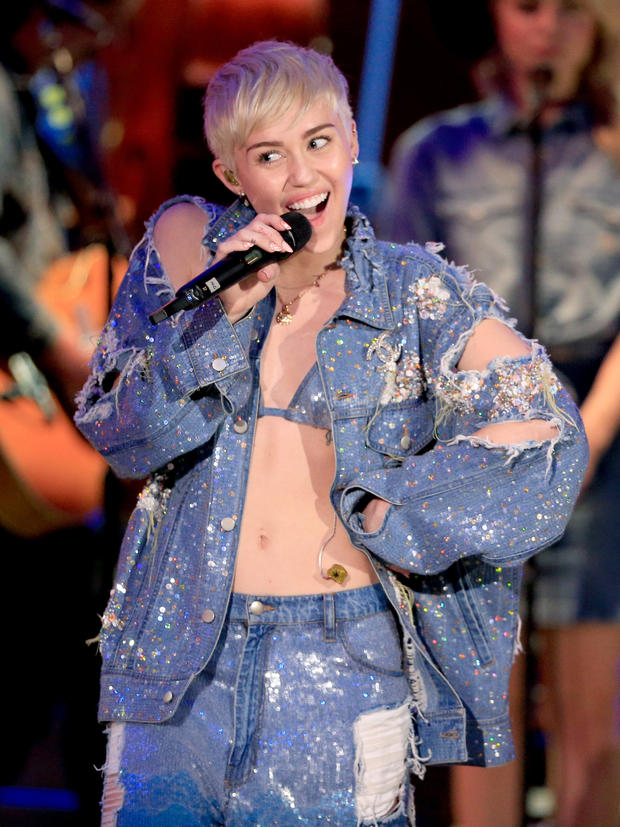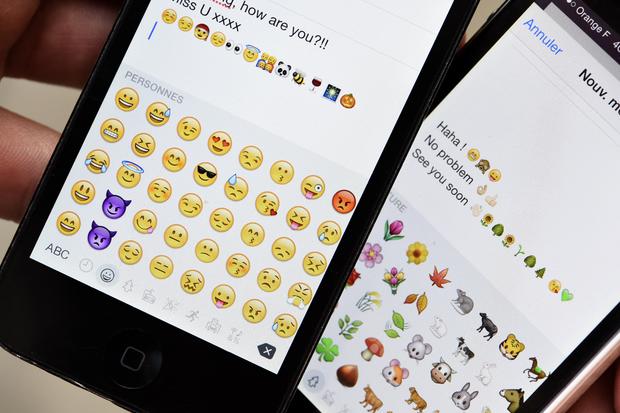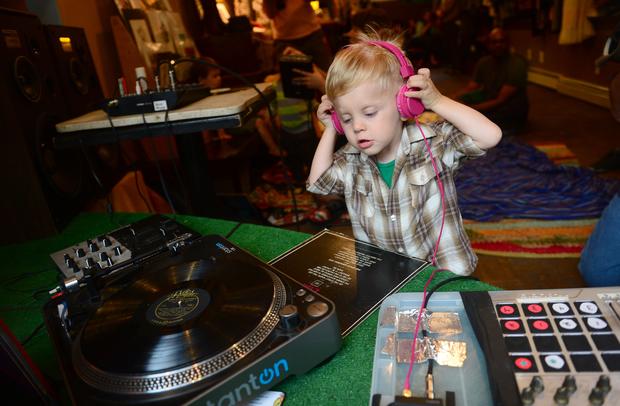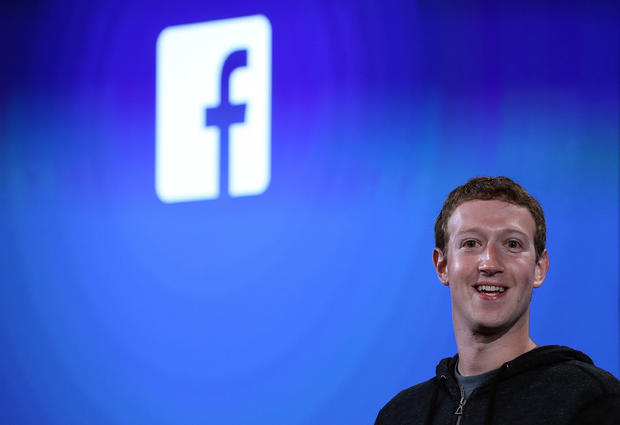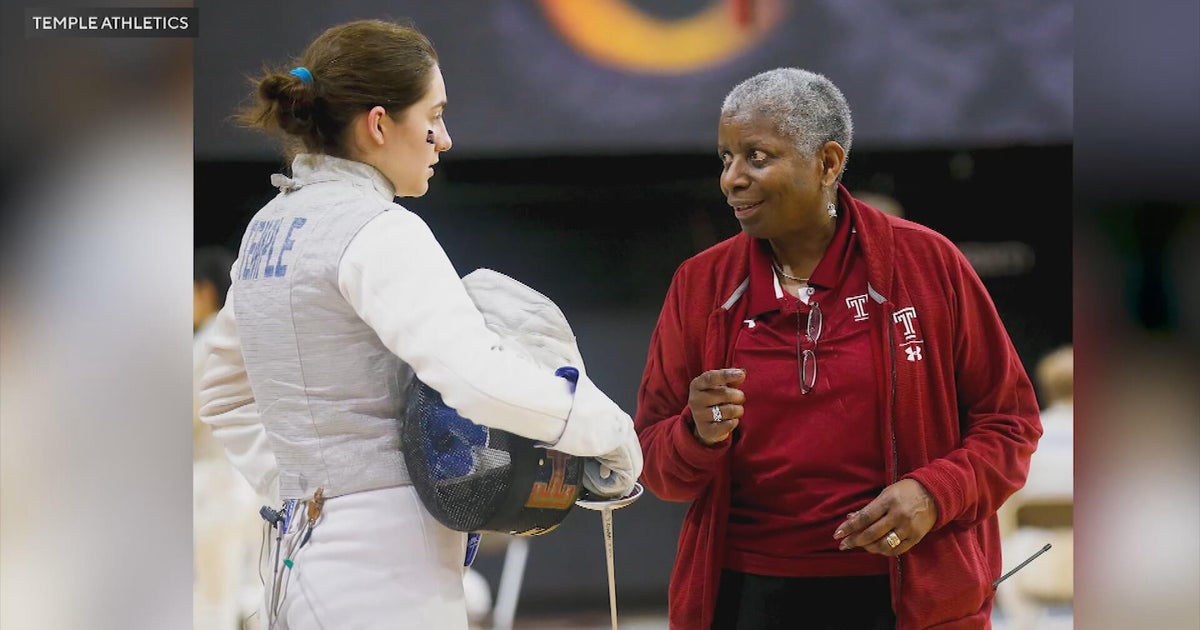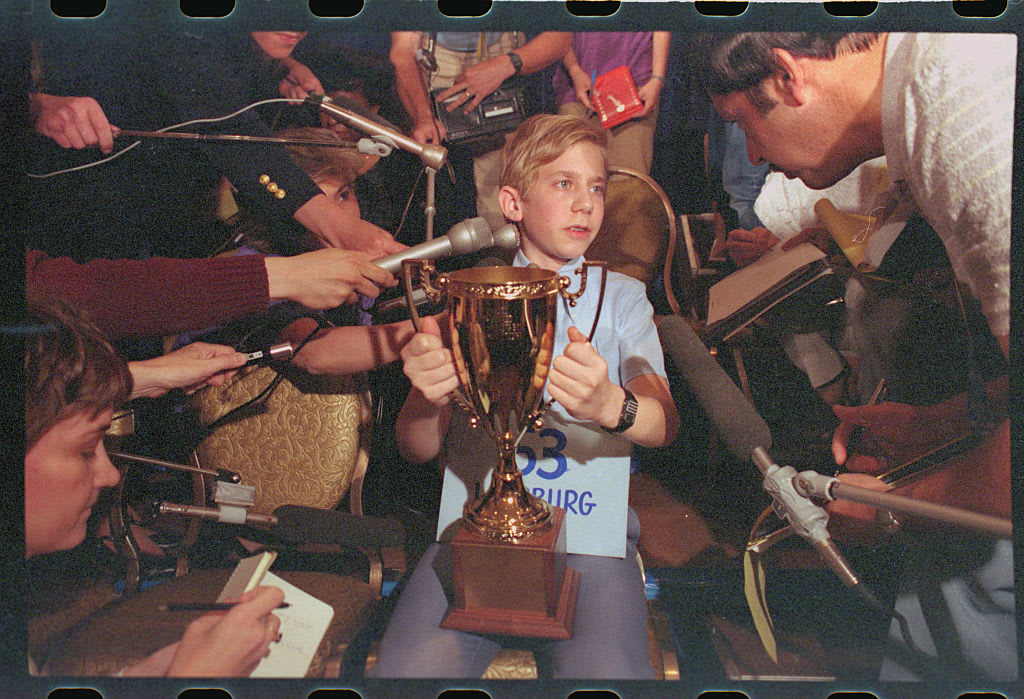Meet Generation Z
You've heard about Millennials. In fact, you're probably sick of hearing about Millennials. Born between 1980 and 1995, they are simultaneously resented for being overly entitled and idealistic, and pitied for entering the workforce at a time when they had meager prospects at best.
But what of the generation coming of age after Millennials? Born between 1995 and 2010, this new world force - known both as "Generation Z" and the "Centennials" - is beginning to come into focus as a more pragmatic, diverse, very different beast than their Millennial predecessors.
Eyes wide open
Unlike Millennials who came of age amidst the relative peace and economic prosperity of the 1990s, Generation Z has experienced two economic crashes and a war on terror before even making it through high school.
Millennials are a generation of innocence lost. The members of Generation Z, on the other hand, have had their eyes open to the often cruel realities of the world for their entire lives. Experts believe that coming of age during stormy times has rendered Generation Z more pragmatic and hardworking than the generation before it.
Alex from "Modern Family"
In a recent article, The New York Times suggested Alex Dunphy from "Modern Family" as the prototype of the typical Generation Z-er: "conscientious, hard-working, somewhat anxious and mindful of the future."
So, while many Millennials still cling to lofty career dreams despite the realities of the workplace today, a Centennial might be more likely to give up on their fantasy of becoming a working artist to pursue a safer career with more realistic job prospects, like law.
Like the "Silent Generation"
In that respect, Generation Z is being likened to the "Silent Generation," born between the mid-1920s and early 1940s. Those Americans also came of age amidst war and economic depression. So, they too were sculpted into diligent and pragmatic careerists, primarily averse to taking idealistic risks.
While this trend toward pragmatism may paint a picture of today's young Americans as sort of tragically and prematurely world-weary, it may also hold the promise of economic prosperity. The Silent Generation was, after all, the richest generation in history.
Parenting
At the root of the discrepancy between America's two current generations of youth may also be the discrepancy between the generations that raised them.
Millennials were raised by Baby Boomers, widely considered the most selfish generation in history. Generation Z, on the other hand, was raised by Generation X, a relatively small generation characterized by grunge music, slasher films, and the post-Vietnam disillusionment of the 1970s. Just like their children, the members of Generation X were largely jaded by political corruption, like the Watergate Scandal, and the limited horizons of the job market they were handed.
True digital natives
Generation Z is also hugely synonymous with technology because Centennials grew up in the era of smartphones. In fact, most of today's youth can't even remember a time before social media.
So, while Millennials are also a very digital generation, the digital revolution occurred during their high school and college years, not their formative years. And that is a key difference.
Social media preferences
While Millennials tend to gravitate toward Facebook and Instagram, members of Generation Z tend to skew more toward newer social media platforms like Secret, Whisper, Vine and SnapChat.
Digital privacy
Interestingly enough, Generation Z's social media preferences actually have a lot to do with privacy. They've witnessed a lot of their Millennial elders tarnishing their personal brands with shortsighted party pictures of activities like beer pong and flip cup; impulsive digital moves that may increase the cool factor of their internet presence in the short term, but can hurt their career and relationship prospects in the real world in the long term.
Generation Z knows full well that things live forever on the internet. They've learned from Millennials' mistakes and adapted their digital practices accordingly.
Snapchat
Generation Z-ers tend to prefer anonymous social media outlets like Secret and Whisper to more transparent ones like Facebook. They also use photo-sharing apps like SnapChat, where the media they send to friends disappears in a matter of a few seconds.
#NormCore
For Generation Z, it appears the pinnacle of style is acting like you don't care about style. Specifically, the unisex fashion trend "NormCore" is picking up steam among style icons of that generation. A fusion of the words "normal" and "hardcore," NormCore fashion involves piecing together unpretentious, average-looking outfits that are often oversized and seemingly mismatched.
Here, Kylie Jenner, the youngest member of the Kardashian clan, displays a pretty aggressive NormCore ensemble on Instagram.
Gender neutral
Gender neutrality is also a significant fashion trend amongst members of Generation Z. In fact, for today's youth, it seems individualism is a far more important factor in style than traditional gender rules.
At 17-years-old, for example, Will Smith's son Jaden escorted "Hunger Games" actress Amandla Stenberg to the prom in a mid-length ivory skirt beneath a long black tunic, and he was hailed as a sort of fashion visionary for the head-turning look. This sort of "you do you" style would almost certainly have met with less positive feedback in earlier generations.
Shop Jeen
The majority of Generation Z-ers prefer to shop for clothes online rather than in physical stores; and the online store, Shop Jeen, is considered one of the leading sources of Generation Z fashion. Featuring garments with oversized pop art patterns and ensembles reminiscent of the 1990s rave look, Shop Jeen offers a fairly interestingly glimpse into the hive mind of Generation Z.
When visitors first reach the website, they are greeted with a choice of three "spirit emojis," which can guide their shopping experience. If shoppers opt out, they are brought to a homepage of merchandise, set to a soundtrack of hipster rap. As of September 22, 2015, the music video for "Best Friend" by Young Thug played at the top of that page. In short, it's a shopping experience that's sure to make shoppers from past generations feel old, quick.
Generation Z - style
Despite being a late range Millennial herself, singer Miley Cyrus is often lauded as being a Generation Z style avatar. Here, she rocks a NormCore ensemble as she performs at her MTV Unplugged show, January 28, 2014. Many of her other performance outfits harken back to the sort of club rave looks popular in the 1990s.
Demographics
According to U.S. Census data from 2000 to 2010, the country's Hispanic population rose by over 27.3 million people. The number of Americans identifying as mixed black-and-white and Asian-and-white biracial rose by 134 percent and 87 percent, respectively.
Translation: Generation Z is also a much more diverse generation than those before it.
Seismic shift in views
Centennials have not only been influenced by the economic and political climates in which they've grown up. They've also come up of age at a time when profound shifts have been occurring on the cultural level.
For today's children, same-sex marriage is less of a controversial issue than it was for their elders. Likewise, having an African American president is simply a fact of life. Centennials struggling with their gender identity even have transgender celebrities to look up to.
Marketing & attention span
Estimated at 60 million members, Generation Z outnumbers Millennials by at least a million people. They currently represent a quarter of the U.S. population. And a recent J. Walter Thompson trends report estimates that they currently hold $44 billion in annual purchasing power in the U.S. alone. That makes Centennials the holy grail of marketers everywhere.
Experts caution, however, that businesses attempting to tap into Generation Z will have to do so with exceptionally pithy advertising. This is a generation accustomed to emojis, hashtags and six-second Vine videos. So, if businesses cannot communicate the big picture in just a few words, they will have lost the attention of their desired audience.
Still so young
The marketing challenge Generation Z presents is all the more difficult because its youngest members are yet to even reach elementary school. Their level of technological proficiency at such a young age, however, promises an almost unbridled capacity for digital fluency and innovation.
Generation Z
Lastly, no matter how pragmatic their upbringing has made them, Generation Z has also witnessed numerous examples of gutsy digital entrepreneurship paying off.
Facebook founder Mark Zuckerberg, now 31, made his first billion by the age of 23. Bobby Murphy (26) and Evan Spiegel (24), the co-creators of SnapChat, each have a net worth of $1.5 billion, making them the two youngest billionaires in the world.
Those examples are surely not lost on Centennials. So, it's probably safe to expect a healthy mixture of diligent careerists and digital mavericks among them.






